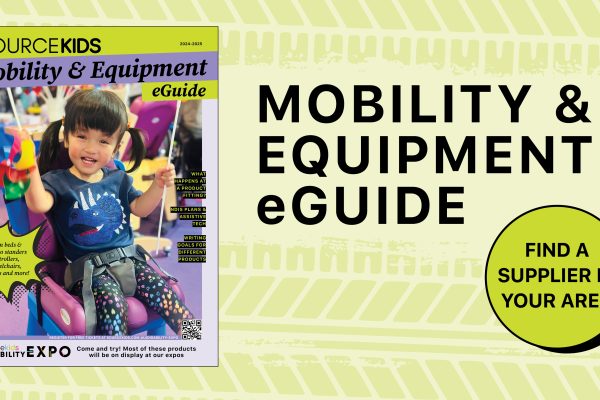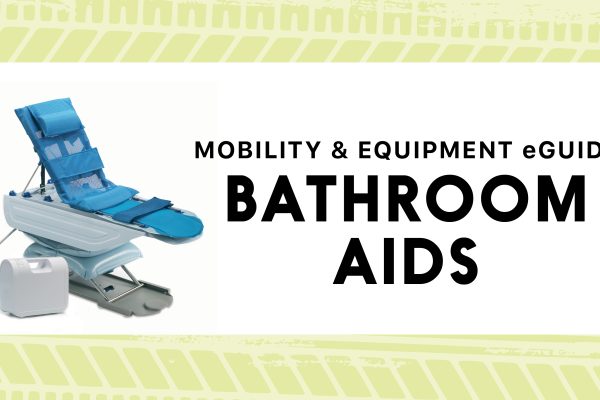
Set your child up for success with these five tips from My Plan Manager
ADVERTORIAL
Your child has just received their first National Disability Insurance Scheme (NDIS) plan, and they’ve got their funding…but now what?
Here’s what you need to know up front to get the most out of your child’s NDIS plan, straight from Australia’s largest and leading NDIS plan manager – My Plan Manager!
#1. An NDIS plan manager (like us!) can support you to understand your child’s NDIS funding…
Core Supports, Capacity Building Supports, flexible supports, stated supports, invoices, claims…can anyone make it all make sense? The answer is ‘yes!’.
My Plan Manager’s NDIS experts can explain the categories and budgets in your child’s plan, and what their funding can and can’t be spent on, and we can also support you to budget your child’s funding so there’s always enough to cover the supports they need.
#2. …and keep track of spending
Put away the pen and paper, and close that Excel spreadsheet, because we’ve got the tech to put you in control of your child’s NDIS plan spending.
Our secure client portal (web and app) allows you to:
- view your child’s NDIS plan budget in real time
- submit invoices and claims for reimbursement
- receive alerts when payments require approval and/or are processed
- track your child’s spending
- stay in control by receiving spending limit notifications via SMS
- generate monthly reports at the click of a button
#3. Support worker rates vary across the days and times of the week
If you catch public transport, you’ll know there are ‘on-peak’ and ‘off-peak’ times that dictate the price of your fare. That’s similar to the rates for NDIS support workers.
Rates can vary across weekdays, weekends and public holidays – as well as between mornings, afternoons and evenings. So, it usually costs less to access supports on a weekday morning than it does on a Saturday, Sunday or public holiday evening. That’s something to remember – a small tip that can make a big difference when you’re trying to get bang for your child’s NDIS buck!
#4. Service agreements are a handy budgeting tool
A service agreement is an agreement between you and your provider that makes it clear what you’ve both agreed to. Usually, a service agreement will cover:
- the supports that’ll be provided (for example, occupational therapy)
- the cost of the supports
- your responsibilities
- your provider’s responsibilities
- how long the agreement goes for and how it can be changed
- a dispute resolution process
When you supply us with a copy of a service agreement you’ve signed, we can set aside the fees outlined in the agreement, so there’ll always be enough money to cover your child’s supports.
#5. Beware of unexpected costs
There are two common, but often unexpected fees NDIS participants encounter – transport costs and cancellation fees. But now you know about them, you may be able to avoid them!
Providers can charge your NDIS budget for the cost of travel when they spend time accompanying you out in the community, or when they travel to you or incur expenses, such as parking fees and tolls. You can reduce travel costs by accessing local providers, and by arranging less frequent appointments that run longer.
Cancellation fees can be trickier to avoid, but here’s our ultimate guide to them. Our guide includes this tip – that cancellation fees only apply if your provider can’t fill your appointment with another client or divert their staff member to another job.
Learn more about My Plan Manager – your NDIS ‘un-complicator’ – and how we can support your child and you to enjoy more free time to make more family memories!
You can also call our friendly team of NDIS experts on 1800 861 272 to learn more about NDIS plan management and what it can do for you.







